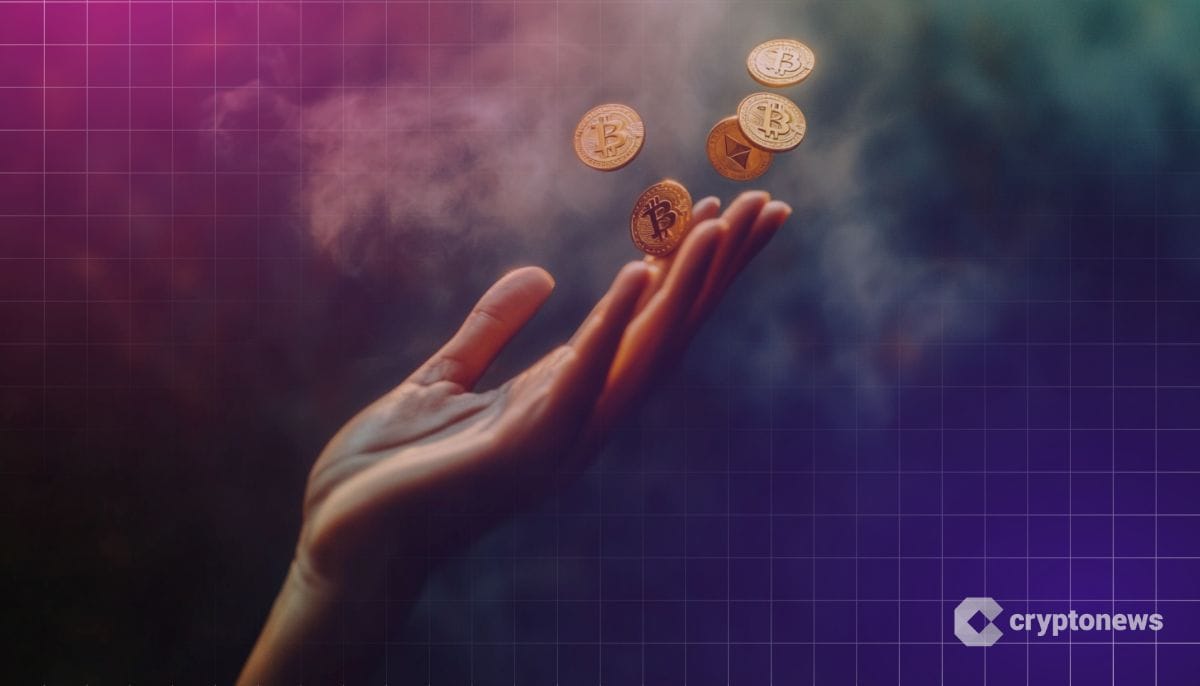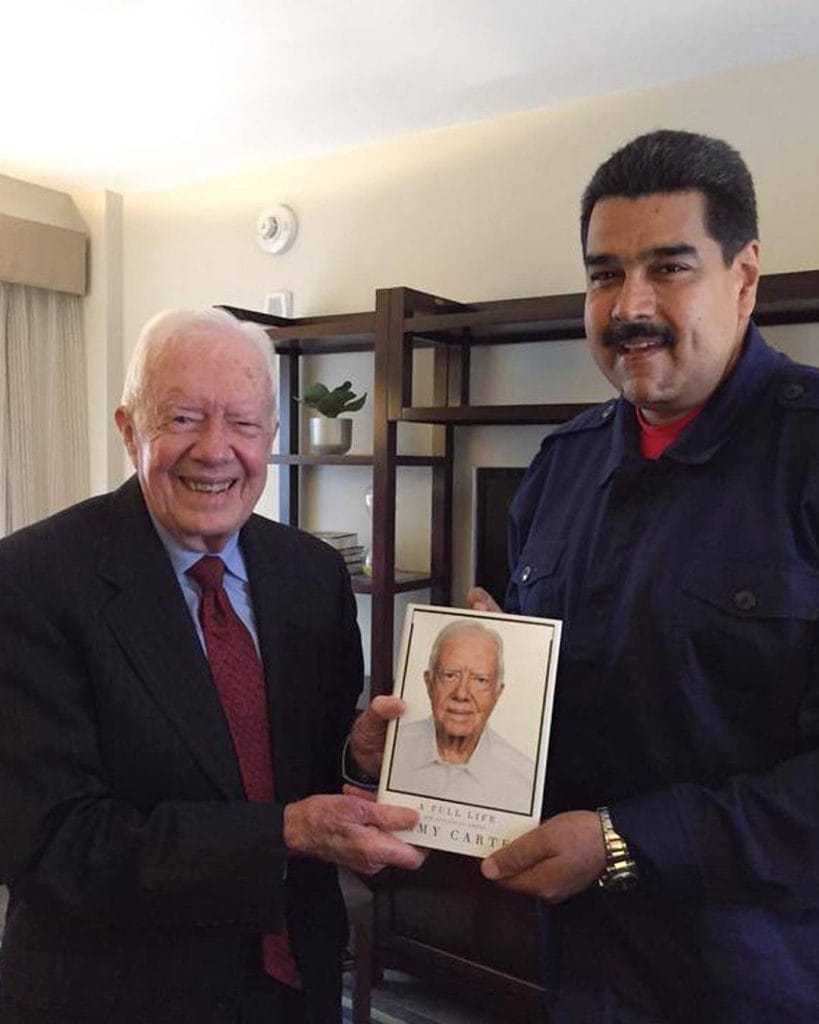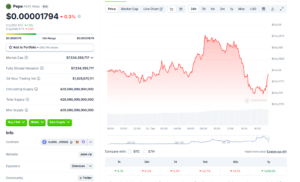Last updated:
 Why Trust Cryptonews
Why Trust Cryptonews
Ad Disclosure
We believe in full transparency with our readers. Some of our content includes affiliate links, and we may earn a commission through these partnerships. Read more

Venezuelans are “turning to crypto” instead of the US dollar in an attempt to stave off inflation, a new report has claimed.
Per El Pais, “digital” alternatives are now displacing the “gray dollar” for Venezuelan citizens.
Venezuelans Still Keen on Crypto
The report’s author noted that while the “crypto accepted here” signs that were “once prominent in shops, hotels, and restaurants in Venezuela” have long disappeared, “this does not mean that Venezuela’s crypto economy is not flourishing.”
The media outlet wrote that Venezuelans are increasingly turning to Bitcoin (BTC) and other coins to make easy transactions, receive remittances, and “take refuge from the devaluation of the [fiat] bolivar.”
The newspaper added that while crypto exchanges are “not illegal” in the country, they are also “unregulated.”
The Government of Nicolás Maduro reportedly “tolerates” unregulated crypto exchange “because it has become a way to bring foreign currency into the country.”

Maduro claimed victory in elections earlier this year. However, the United States has claimed that the elections were marred by “electoral fraud.”
As a result, the newspaper explained, Maduro’s inauguration on January 10, 2025, has become “a date that is generating political and financial tension.”
Maduro once pursued an aggressively pro-crypto policy, and even spearheaded the launch of a state-operated cryptoasset, the Petro (PTR).
Mass Arrests
However, this policy fell victim to widespread corruption, and led to mass arrests and the PTR’s eventual shutdown.
But Maduro has recently spoken of “returning” to the crypto “path.” And the blockchain analysis firm Chainalysis noted that “in the second quarter of 2024,” the Venezuelan Bitcoin, Ethereum (ETH), and USDT markets grew by “an impressive 110% compared to the same period last year.”
Chainalysis claims this rate is “higher than in any country in the [LATAM] region.”
$20 Billion Inflow
The media outlet explained that in 2024, an “estimated volume of $20 billion” has “entered the Venezuelan ecosystem” through crypto markets.
This represents a sizeable chunk of the nation’s estimated $100 billion 2024 Gross Domestic Product.
Despite its well-documented financial woes, Venezuela has battled against hyperinflation with some success.
But the economy remains highly dependent on oil exports, and the specter of inflation refuses to vanish entirely. Inflation rose by around 4% in October, shooting up from under 1% in September.
Some estimate that November ushered in a steeper rise yet.
And this, like elsewhere in LATAM, has driven many citizens to the stablecoins markets.
Chainalysis claimed that between July 2023 and July 2024, 47% of crypto transactions worth under $10,000 involved stablecoins.
“Stablecoins have become popular because they are pegged to more stable fiat currencies, such as the US dollar. They offer a hedge against the volatility of the Venezuelan bolivar. […] They play a crucial role in daily transactions and remittances.”
Dan Cartolin, Enterprise Account Executive, Chainalysis.
Criminal Dangers?
The newspaper quoted a Venezuelan citizen named Vanesa as explaining that she provides crypto exchange services to her countrypeople using platforms like Binance.
However, Vanesa lamented that the crackdown on crypto exchanges and the government’s own crypto operations have left people like her in limbo.
The newspaper quoted an unnamed Latin American crypto exchange as stating that it had tried to apply for a virtual asset service provider license in Venezuela.
But this platform said that it had given up because it was “impossible to deal with sudden changes” in the regulatory guidelines.
In the wake of the crackdown, crypto-related “posters” have been “taken down” everywhere. Operations involving crypto are “becoming more discreet,” Vanesa added, concluding:
“Everything is in the grey zone here. It is impossible to know if I am laundering someone’s money [when I am exchanging crypto for clients].”


















